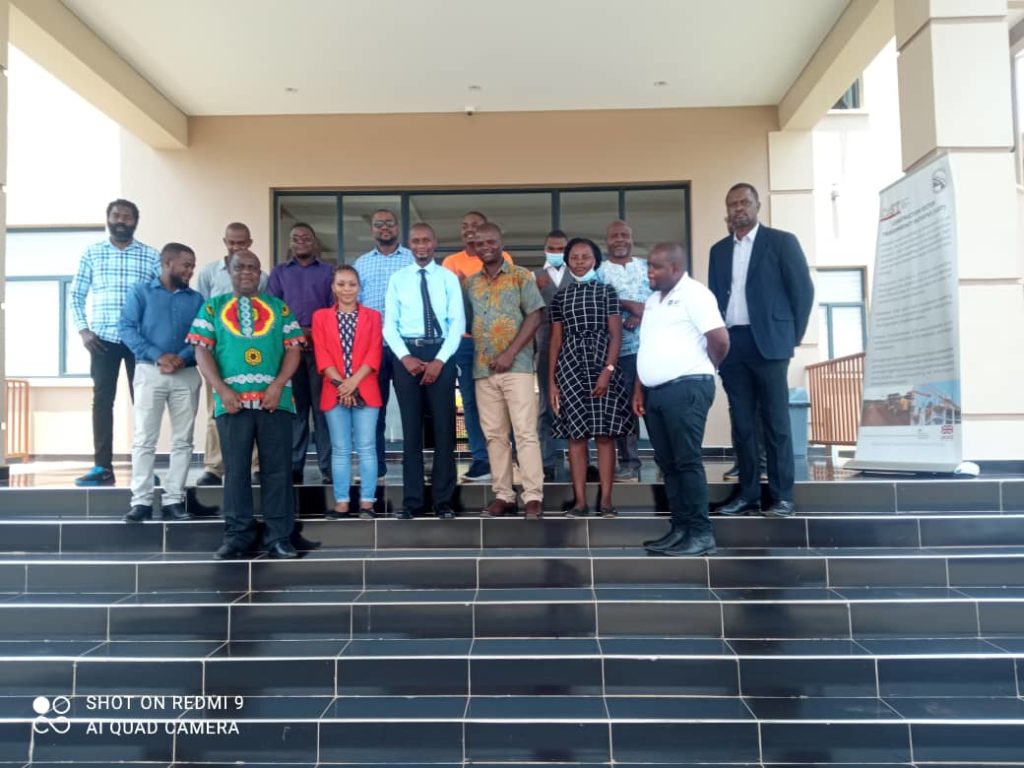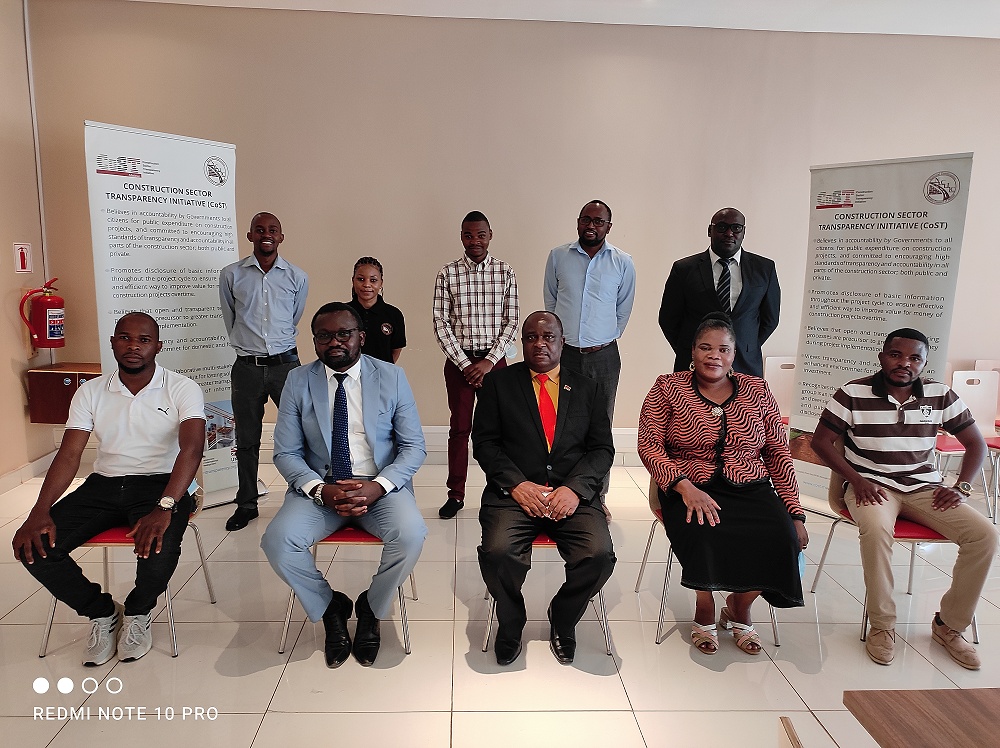
CoST– the Infrastructure Transparency Initiative held pilot testing sessions for the Information Platform for Public Infrastructure (IPPI) which has migrated from the Open Contracting Data Standard (OCDS) to Open Contracting for Infrastructure Data Standard (OC4IDS). The sessions were held at Chikho Hotel from 29th September to 1st October, 2021. With some tailoring to suit the Malawian context, the new OC4IDS standard is a framework which holds the potential to allow for information to be pro-actively disclosed and kept updated at each stage of the project implementation process.
The illustration below shows the kind of project-level data covered by the standard:

Disclosure of Public Procurement Data
With the passing of the Access to Information Act 2017 and the passing of the Public Procurement and Disposal of Assets Act 2017 especially the coming into force of the Public Procurement Regulations and Disposal of Assets, 2020 (Government Notice No. 24), disclosure of public procurement data is no longer optional. Public entities engaged in procuring and disposing of assets are required by law to make public data relating to procurement and disposing of assets.
The IPPI has the potential to help Procuring and Disposing Entities (PDEs) cut costs associated with advertisements or publicity by voluntarily populating the platform with the procurement data.
Present at the PDEs pilot user testing were Roads Authority (RA), Central Region Water Board (CRWB), Lilongwe Water Board (LWB) and Department of Buildings (DoB).

The Role of CSOs and the Media
CoST – the Infrastructure Transparency Initiativebelieves that CSOs and the media hold the key insofar as demanding transparency and accountability from PDEs in concerned. However, CSOs and the media need to have the capacity to process and understand the data that is provided on the IPPI platform. It is against this background that apart from engaging the PDEs which are responsible for populating the platform, CoST and its partner saw it fit to engage CSOs and the media at the earliest stage of the platform development. The engagement with CSOs and the media help CoST and its partner to meet the user-design (UX) requirements in developing a platform that is both user-friendly ad responsive to the needs of the targeted groups.
CoST Malawi in partnership with Partnership for Transparency Fund (PTF) and African Institute for Corporate Citizenship (AICC) are implementing a three-year long European Union (EU) funded project aimed at strengthening the capacity of CSOs to promote transparency and accountability in public infrastructure projects.
The Information Platform for Public Infrastructure (IPPI) can be accessed at www.ippi.mw
______________________________________________________________________
For more information on the launch or the project in general, please contact:
Kenneth Harry Msiska, NCIC/CoST Malawi Programs Officer – [email protected]
Andrew Wells, PTF Finance and Administration Officer – [email protected]





